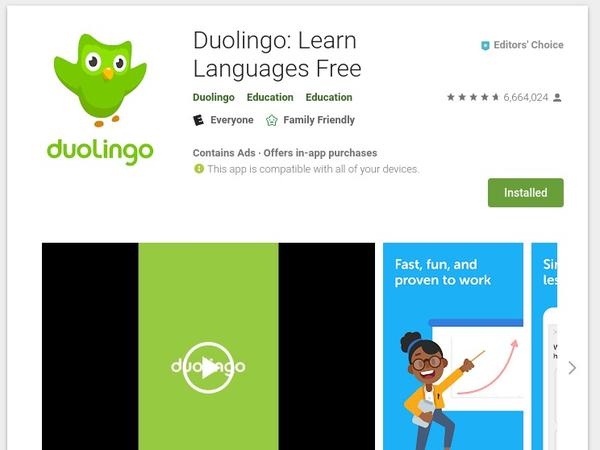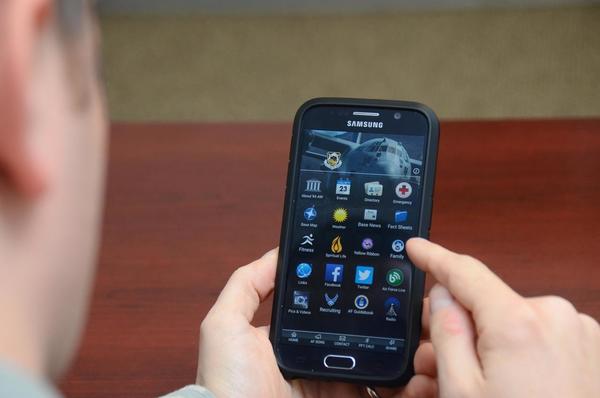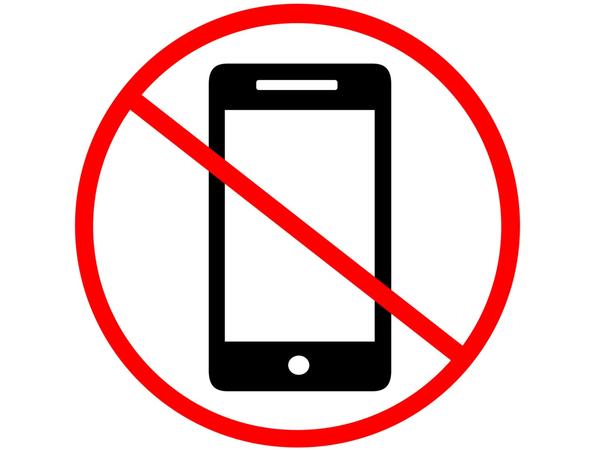Why We Don't Have A Mobile App and Won't Make One
Last Updated: Oct. 31, 2018Since mobile devices began increasing in popularity a number of years back, we have received occasional inquiries from our users or visitors about whether or not we are planning to develop and launch a smartphone app. After considerable research and reflection, we decided not to develop an app.
Here are the reasons why not:
Our website is already mobile responsive, fast, and full-featured.
Back in July of 2015, we announced a site redesign that made our site fully responsive. This redesign kept a more-or-less similar layout for desktop users, but collapsed it into a single-column layout for mobile users. All new features we have added since then, we have designed and tested both on desktop and mobile.Since then, we have continued to improve the experience of our site for mobile users, including continued tweaks to our layout, changes in how ads are displayed, and implementing workarounds to bugs specific to iOS. If you have trouble accessing or using any aspect of our site on mobile, please let us know!
You will also find that our site is very fast. Our pages typically download in around 100 milliseconds and display in a typical browser in 1-2 seconds, often less. This is much faster than most websites nowadays. We also are free of pop-up dialogues, full-page mobile ads, and ads that load after page-load causing the page content to bump up and down. All these problems are widespread on other websites, and lead to a superior experience when accessing RateTea on mobile devices.
Apps do not auto-update the way websites automatically refresh to the latest version.
Websites are dynamically generated, and with the exception of cached resources (which can be refreshed at will by the user, such as by pressing CTRL-F5 on a desktop browser), the user is always seeing the latest, most up-to-date version of a webpage or website. This means that when we make a change, not just in the content of the site but in the functionality and/or the programming behind it, all of our users see the change immediately, in real-time.With apps, a process of updating (requiring users to download and install the latest version of an app through the appropriate app store) is necessary in order to update the interactive features or interface of the app. This creates a series of problems:
- Bugs and glitches may persist in older, non-updated versions of the app still in use by users who don't want to update. If these glitches affect entry or modification of site content or our database, this can cause errors that display for all users (including web users), corruption of the database, and extra work for our site admins.
- Different users may experience different functionality when using the apps. This can cause problems when users converse in person or on social media about the app/site and how to use it. This experience weakens the sense of community surrounding the app and contributes to a sense of frustration and alienation in the userbase.
- The presence of three separate platforms (web, android, iOS) slows down the development process as well as the bug-fixing process. Some bugs are easier to fix, and some features easier to implement, on some platforms than others. This scenario creates a strong incentive for the experience of users on the different platforms to diverge, and it eats up resources causing the app as a whole to suffer in quality and features.
App development has a mostly non-overlapping skillset with web design.
The technical and programming skills required to design, program, and test an app are considerably different from those required to carry out web design. This is different from responsive design, which is essentially a subset of web design skills and more closely related. None of our site admins have experience developing a smartphone app. This means that in order to develop an app, we would need to either pay someone, which could be expensive, or invest considerable efforts into learning new skills.These problems are compounded by the fact that Android and iOS development are radically different, using different development environments and requiring different skillsets and programming techniques. Furthermore, iOS app development generally requires a MacOS operating system, something we don't currently use (we primarily use Linux) and are not interested in using. Users of our site are split roughly equally between Android and iOS, so if we developed an app, it wouldn't be accessible to most of our users unless we covered both platforms. This makes it even more of a barrier or time investment.
Other popular web apps have a poor track-record of the quality of their apps relative to their websites.
 Photo by Screenshot of Google Play (App) Store, Photo © Screenshot of Google Play (App) Store, Used Under Fair Use
Photo by Screenshot of Google Play (App) Store, Photo © Screenshot of Google Play (App) Store, Used Under Fair UseIn addition to these deficiencies, Duolingo's apps suffer from virtually all the problems discussed above: bugs that exist and persist for months on one platform but not another, features that exist only on one platform, countless versions of the smartphone apps floating around and leading users to have an overall incongruous experience in which different users cannot talk to each other about how to use the app effectively.
It is also common for developers to favor one platform (either iOS or Android) over the other. This can alienate and anger users of the less-supported platform, who feel like they are being neglected and are turned from loyal users into opponents of the app in question. For example, RateBeer, one of the original inspirations behind RateTea, offers both an Android and iOS app. In their case, they have clearly favored their iOS app, which is top-rated, whereas their Android app has poor ratings (2.6 / 5★) with users complaining that even basic functionality such as the search, does not behave as expected (i.e. not consistently with the behavior on the website.)
The industry standard is often to favor iOS, as it is seen as the more "trendy" platform. Our own data, however, suggests that iOS users on RateTea are much less engaged than Android users.
All of these problems are avoided by sticking with a responsive web interface and not using an app in the first place.
Because RateTea is primarily a website, making an app out of our site would be reinventing the wheel.
Unlike some websites, web apps, and social media apps, we have worked primarily within the framework of traditional websites, rather than building an extensive app with more involved features. Mobile web browsers already support a rich feature-set which overlaps largely with the sorts of functionality we would want to program into an app: reading articles, following links, doing searches, and submitting forms. Furthermore, mobile browsers do a good job of these functions. For us to program a mobile app, we would be largely duplicating or re-inventing the functionality that already exists in these browsers.This would be a waste of effort.
We are more than a little-bit old-fashioned.
Although we do try to make our site accessible and usable on mobile, in the end, we don't want you staring at your phone for long periods of time. This is not good for your health or emotional or spiritual well-being.One of the main intended purposes of our site is to get people to become more mindful in their consumption of tea. Making a mobile app is not in harmony with these goals.
Spend some time learning about tea on our site, or sharing your experiences with tea, and then get out there in the world, brewing and drinking good tea!



